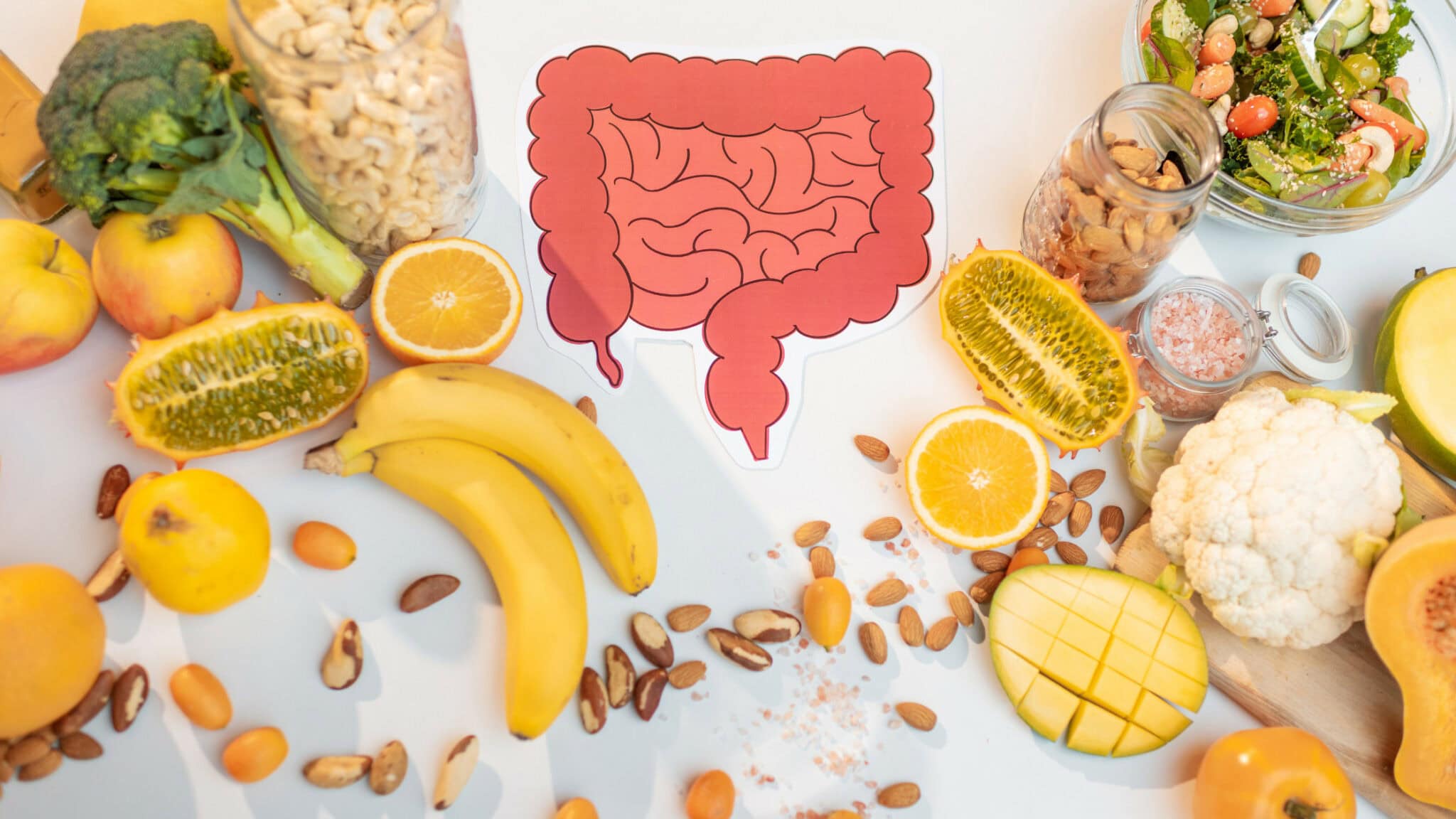When a Concussion Leads to Depression
A mild head injury can disrupt more than your memory—it can also affect your mood. Early treatment makes a difference.
Concussions are a common occurrence and until recently, they were often dismissed as minor events. Research now shows that even minor concussions can have long-lasting effects on brain health—including mental health. When concussion injuries are repeated or left untreated, they can disrupt brain function, leading to a number of psychological effects. Understanding this link is important for early intervention, as proper medical care, mental health support, and lifestyle adjustments can help mitigate the effects of concussions.
Research has found that patients with moderate to severe concussions, or Traumatic Brain Injury (TBI), are more likely to experience depression compared to those who have not had a brain injury. Current research has yet to pinpoint how age, gender, or the part of the brain that was injured effects the development of depression-related symptoms. As research in this area continues, it is important to understand the signs and symptoms of concussion and the possible connections to mental health to ensure that proper treatment is sought immediately to reduce suffering and improve recovery.
What is a Concussion?
Concussions are caused by head trauma including violent shaking of the head and upper body, causing the brain to slide back and forth forcefully against the inner walls of the skull. A concussion changes normal brain function. The severity of symptoms can vary, and recovery times can also be quite different, lasting days, weeks or months, and in severe instances, even years. It’s estimated that over 400,000 Canadians aged 12 years or older sustained one or more concussions in 2019.
Symptoms of a Concussion
The signs and symptoms of a concussion can be difficult to detect. Some may appear immediately; others may be delayed for hours, days, or even weeks after injury.
Immediate signs and symptoms include:
Amnesia surrounding the traumatic event
Appearing dazed
Confusion or feeling as if in a fog
Delayed response to questions
Dizziness, "seeing stars", or loss of balance
Fatigue
Headache or a feeling of pressure in the head
Nausea
Ringing in the ears
Slurred speech
Temporary loss of consciousness
Vomiting
Signs and symptoms that may be delayed:
Concentration and memory complaints
Disorders of taste and smell
Irritability and other personality changes
Psychological adjustment problems and depression
Sensitivity to light and noise
Sleep disturbances
Depression After a Brain Injury
Depression is common after a concussion. Recent studies have found that about 16 to 30% of people with a concussion develop depression, with moderate to severe concussions leading to depression more often. Between one to two years after the injury, this rate can double; with up to 61% of people reporting depression, the risk increasing during the first five years after the concussion and decreasing in the following years. Additionally, more than half of the people with TBI who experience depression also have anxiety. Compared to the general population (without TBI), approximately 8% percent of Canadians were diagnosed with depression in 2022.
Factors Contributing to Depression
Factors that contribute to depression after a brain injury can vary significantly between persons. These factors include:
Physical changes in the brain. Injuries to areas of the brain that control emotions may result in changes to the levels of certain chemicals in the brain, called neurotransmitters. These changes in neurotransmitter levels are more likely in moderate to severe TBI than in mild TBI.
Emotional response to injury. Depression may occur as a result of the frustration experienced after a concussion. The struggle to adjust to temporary or lasting cognitive changes or loss of independence may result in depression.
Cumulative effects of multiple brain injuries. Persons who have experienced one or more traumatic brain injuries are at a greater risk of developing lasting, sometimes progressive, impairments that limit function and result in depression.
It’s important to recognize that even after a mild TBI, you may develop depression-related symptoms. Seeking help from a healthcare professional early on is important.
How can I tell if I am depressed?
Depression is a complex disorder and symptoms can vary. A few signs that you may be experiencing depression include:
Changes in appetite or eating patterns
Changes in your sleeping habits, including unrest or sleeping more than usual
Experiencing feelings of low energy, lowered self-esteem, and general lethargic approach to everyday routine
Feeling agitated or restless
Increased or initial use of alcohol, drugs, or tobacco
Losing interest in usual activities such as favourite hobbies, time with family members, or activities with friends
Suicidal thoughts
Take Care of Your Mental Health After a Concussion
First, it’s important to tell your healthcare provider about any symptoms of depression you may be having regardless of how long it’s been since your head injury. There are various treatment options that can help both depression and anxiety.
Learning to manage stress and taking care of physical health is important. The following actions can help you:
Seek professional support: Asking for help is not a sign of weakness. Many different healthcare providers can help treat depression including your family doctor, nurse practitioner, psychiatrists, psychologists, social workers, and other licensed professional counsellors.
Talk to friends and family: Social connections are important to our mental and physical wellbeing. Trusted people in your life are there to support you and may be able to help you with the challenges you are facing.
Set up a daily routine: Make a manageable “to-do” list of the things you would like to accomplish each day. Keep in mind that it may take you longer to do things after your injury. Take breaks and make sure you don’t overdo it.
Do something fun everyday: Whether it’s listening to music, going for a walk, talking to a friend, or playing with your pet, finding something you enjoy every day can help lift your mood.
Break down big goals or problems into smaller tasks: If you have a big project to do, whether it’s a work project or cleaning your home, break the job down into smaller chunks and do one part at a time. Write out the steps and focus on only one part. Take time to celebrate and be proud of the steps you’ve accomplished and if you get overwhelmed or frustrated, take a break.
Learn relaxation strategies: Mindfulness, breathing techniques, and practices such as Tai Chi can help reduce stress, improve focus and relaxation, and can even help improve sleep. Try out different techniques to see what works for you.
Depression is a very common experience after brain injury. While research continues to help us understand the connection between concussions and depression, awareness is helping to detect mood disorders at an earlier stage in their development which enables earlier treatment. If you have experienced even a mild TBI it’s important not to ignore signs of depression and seek help from a healthcare professional right away.
References
Bombardier, C.H., & Hart, T. (January 2025). “Depression after Traumatic Brain Injury [Factsheet].” Model Systems Knowledge Translation Center (MSKTC). Accessed 5 March 2025.
Champagne, A.S., Yao, X., McFaull, S.R., et al. (21 June 2023). “Self-reported concussions in Canada: A cross-sectional study.” Statistics Canada. Accessed 5 March 2025.
Mayo Clinic Staff. (12 January 2024). “Concussion.” Mayo Clinic. Accessed 5 March 2025.
Stephenson, E. (22 September 2023). “Mental disorders and access to mental health care.” Statistics Canada. Accessed 5 March 2025.
Sunnybrook Staff. (March 2019). “Concussion recovery tips: Mood changes after concussion.” Sunnybrook Health Sciences. Accessed 5 March 2025.
.png)
.png)
.png)
.png)
.png)
.png)

















